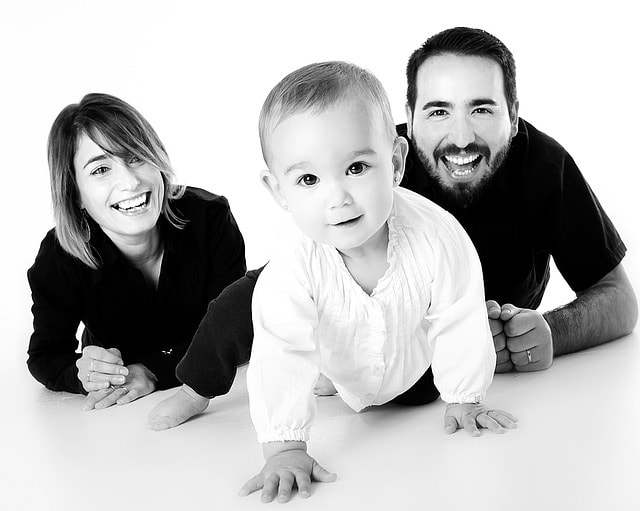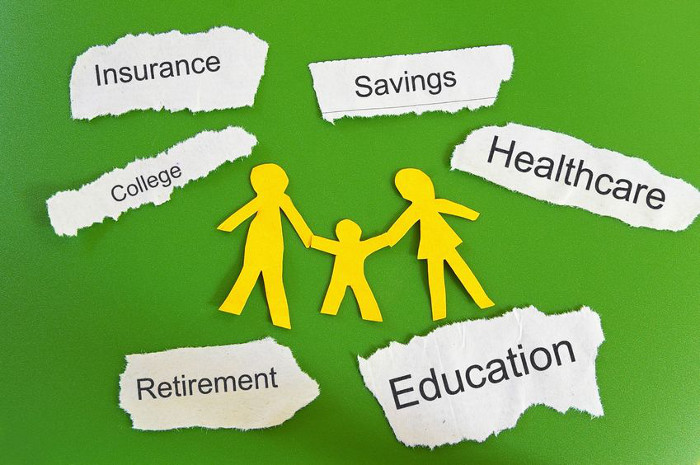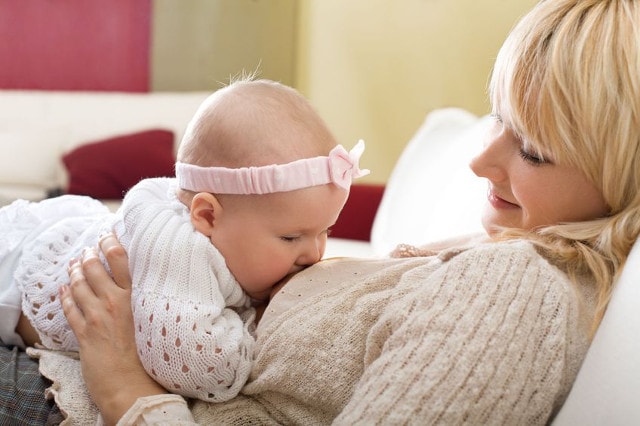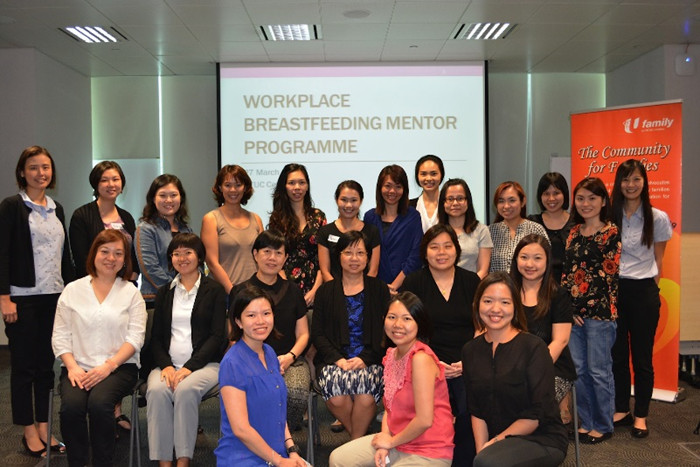What does it mean to be a parent? What is a parent’s role in developing values in their children?

We would like to share a simple but useful “PARENTS” tip that will provide you with examples onhow you can go about being intentional in teaching positive values to your little ones.
P– Provide opportunities to develop and practice values with children. Encourage them to help others and assign roles and responsibilities for them to take on at home, such as to help to household chores.
A– Acknowledge and applaud specific good actions of your child. When you notice your child keeping toys away, praise your child! Tell them you like it when they use words like “please and thank you”.
R– Read stories related to the desired values for your child. Talk to them about the behaviours of the characters in the stories. Such books can be easily obtained in the library and reading together has many other language benefits.
E– Engage in intentional conversations related to particular values such as telling them exactly what “honesty” is about, and what if people are dishonest and its consequences.
N– Not turning blind eye to unacceptable behaviour. Address issues that arise then and there. For example if a child displays rudeness, stop the child immediately and correct them.
T– Take advantage of teachable moments, which is to seize opportunities that arise to highlight values. When you give up the seat to an elderly or observe someone doing or even not doing so, talk to your child about why that is done and what he/she can do in the future.
S– Set a good example. Make sure you do what you preach! It will not make sense to a child for you to talk about being polite and then hearing you snapping at the waitress during dinner.
With these examples, here is a beautiful poem from Dorothy Law Nolte to remind us that whatever values and effort we invest in the children today will determine the adult whom she will blossoms into one day.
If A Child Lives With. . . by Dorothy Law Nolte
If a child lives with criticism, he learns to condemn.
If a child lives with hostility, he learns to fight.
If a child lives with fear, he learns to be apprehensive.
If a child lives with jealousy, he learns to feel guilt.
If a child lives with tolerance, he learns to be patient.
If a child lives with encouragement, he learns to be confident.
If a child lives with praise, he learns to be appreciative.
If a child lives with acceptance, he learns to love.
If a child lives with approval, he learns to like himself.
If a child lives with recognition, he learns that it is good to have a goal.
If a child lives with honesty, he learns what truth is.
If a child lives with fairness, he learns justice.
If a child lives with security, he learns to trust in himself and others.
If a child lives with friendliness, he learns the world is a nice place in which to live.
Written by Deborah Lam, Melisa Neo, Wah Chia Ling & Yolanda Lai
If you find this article useful, do click Like and Share at the bottom of the post, thank you.
Like what you see here? Get parenting tips and stories straight to your inbox! Join our mailing list here























































